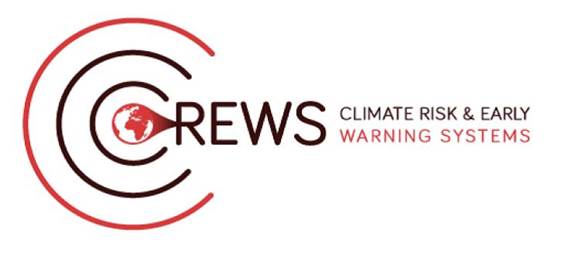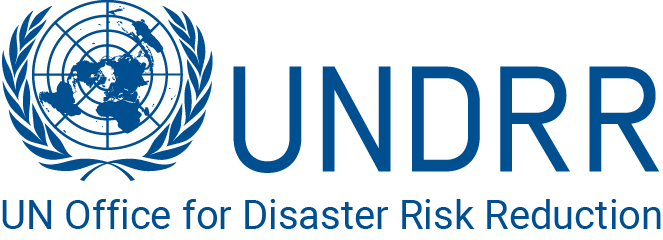Integrated approaches to disaster risk reduction (DRR) and climate change adaptation (CCA)
The UN’s “Early Warnings for All” initiative, led by the UN Secretary General, aims to ensure global coverage by 2027, with a focus on 30 priority countries, including the Maldives. The UNDRR, as a leader of this initiative, is supporting Maldives in developing EWS and updating its Strategic Action Plan for sustainable development. The Maldives government has prioritized disaster preparedness and climate resilience in its COVID-19 recovery and resilience plans and is strengthening its disaster risk governance through improved coordination, risk data management, and response capacities. CREWS ASW is providing support to enhance localized early warning systems in South Asia, specifically in areas like Maldives, Bhutan, and Nepal. These efforts aim to establish community-focused, inclusive EWS and improve disaster loss data collection, facilitating better interagency cooperation and informed decision-making across the region.

